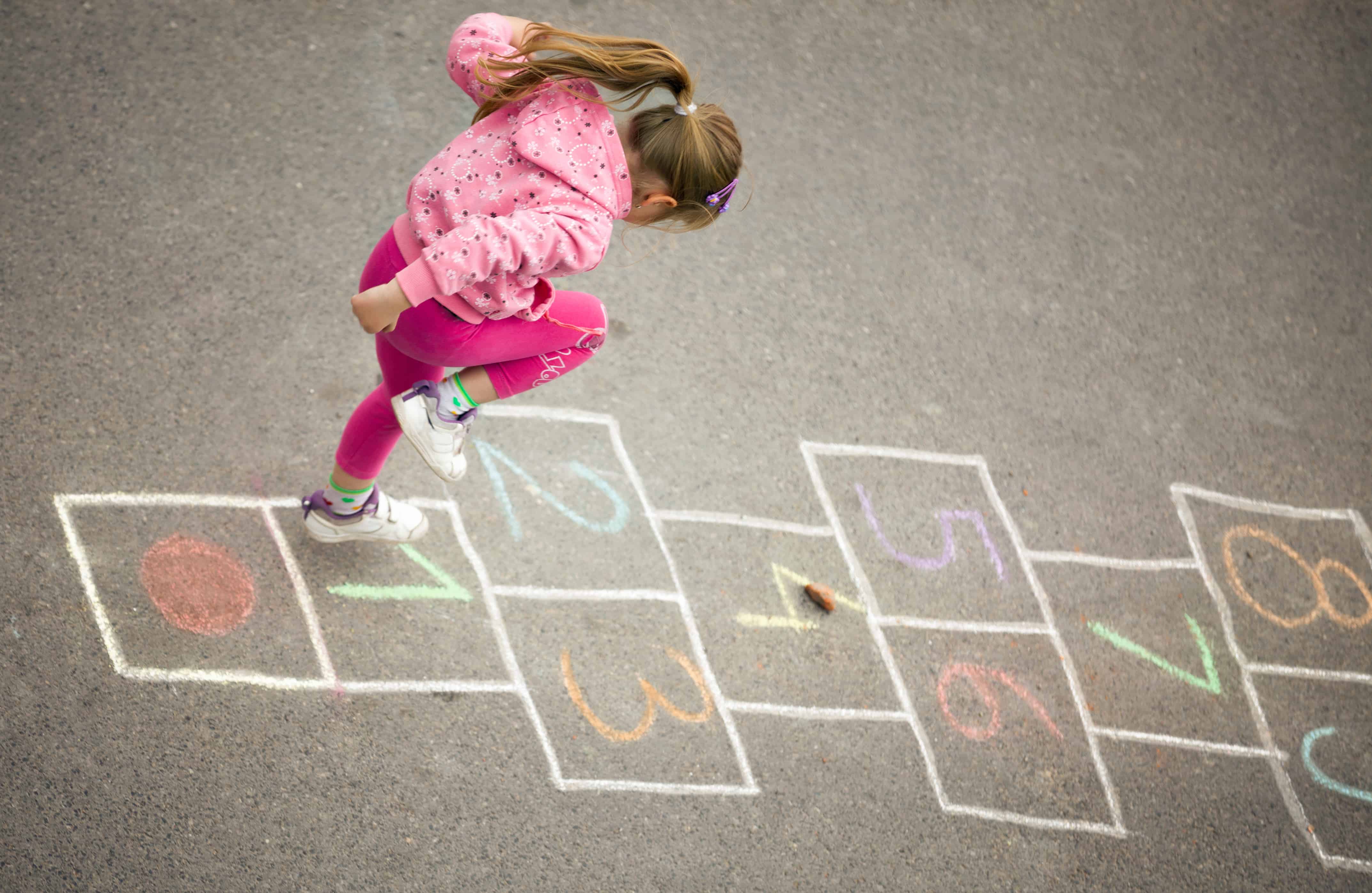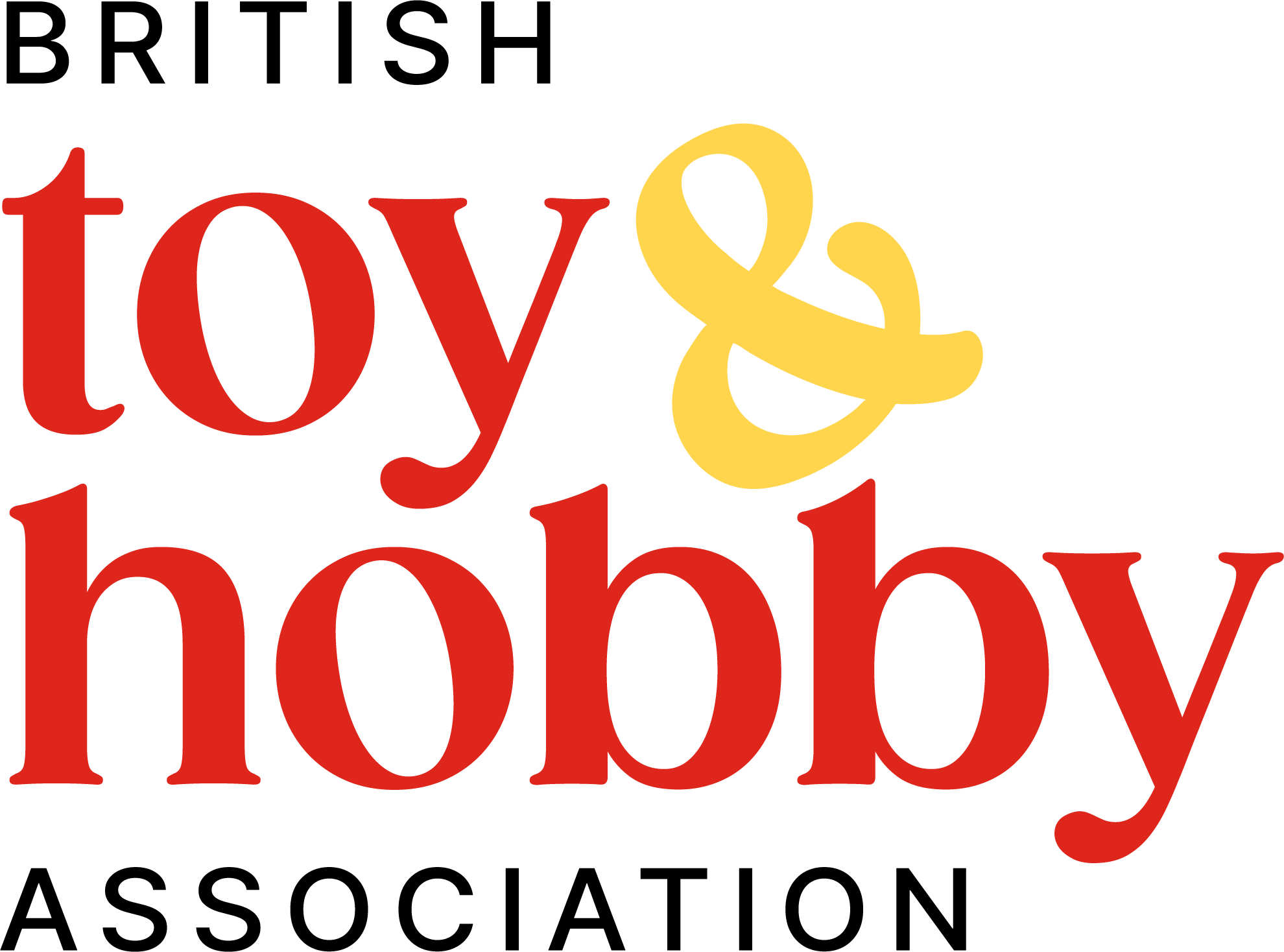Infants – 5-7 years
This can be an unsettling time for children as there is a lot of change in their life as they start school and make new friends, which is why it is important that they are surrounded by familiarity.
Once your child starts school their skills will develop quickly; they will learn new things every day and will socialise with classmates. You are likely to find that likes and dislikes change as they are influenced by friends, who share their favourite things and influence the choices your child makes.

At this age they plan things in their mind before completing a task – planning a drawing or model before starting the task and adding content and detail as they develop. Your child will be fluent in speech with few infantile substitutions, and those they have will often leave quickly once at school. They will develop more co-ordination and physical ability; somersaults, running, jumping, balancing, skilled direction on a tricycle/bicycle (and will progress to taking off stabilisers), catching from greater distances, etc. Concentration will increase although it might not feel like it as they will have a short attention span and it will feel like they are never in one place for too long!
By the age of six you child will talk a lot! They will enjoy teasing out their wide vocabulary and add to it every day. They may well try slang and will test your reaction to “naughty” words. You may find you get asked a lot of questions too.
Toys and play for infants can still be educational, but make sure they are also fun. Your child has started  school and has been learning all day so will want some “down time” when they come home!
school and has been learning all day so will want some “down time” when they come home!
Your child will let you know which toys they find most fun if you include them in the selection process. Try to avoid picking toys which are too advanced; instead of encouraging them to develop more quickly they will get bored easily and not enjoy the experience, and as a consequence may not learn at all. Try to be guided by the age advice on the packaging as toy manufacturers often put this on to help you choose the right toy for a particular age range, but remember, you know your child better than anyone; their likes and dislikes, favourite characters and favourite activities both inside and outside the home.
Toys can help children feel in charge of their lives and role play can allow them to find solutions to problems that they are experiencing, e.g. bullying. Role play is also a great way of encouraging a child’s imagination and creative development.
- Figures/soft toys*
- Dressing-up clothes*
- Tents/home-made forts – to help them feel safe in times of change
- Free play – make sure they have the freedom to just have fun after concentrating all day
- Arrange play-dates- it gives you a break and gives them the chance to hone their social skills – as long as everyone reciprocates everyone wins!
- Encourage jokes and riddles and storytelling to help develop language
- Activity – running, riding a bike, climbing, kicking and throwing a ball, water fights in the garden
- Crafts, sticker collections, cutting out shapes (with blunt children’s scissors), etc
- Keep to a routine – e.g. bath, read a book, then bed. It gives you both bonding time and helps the child feel secure
*to act out role play and help them find their own solutions


 Facebook
Facebook Twitter
Twitter YouTube
YouTube Instagram
Instagram
